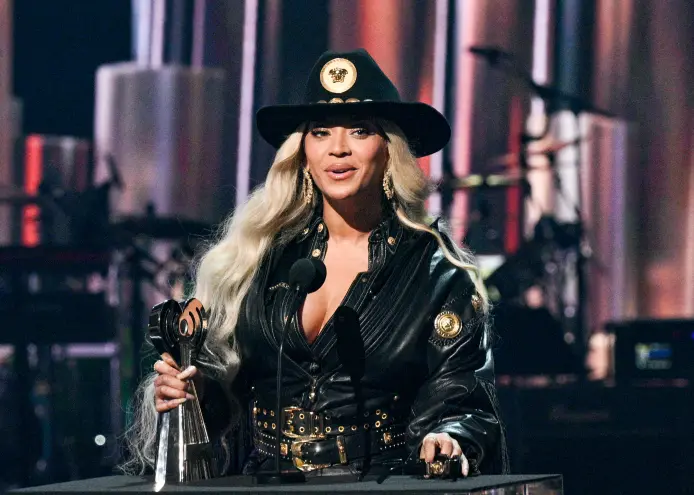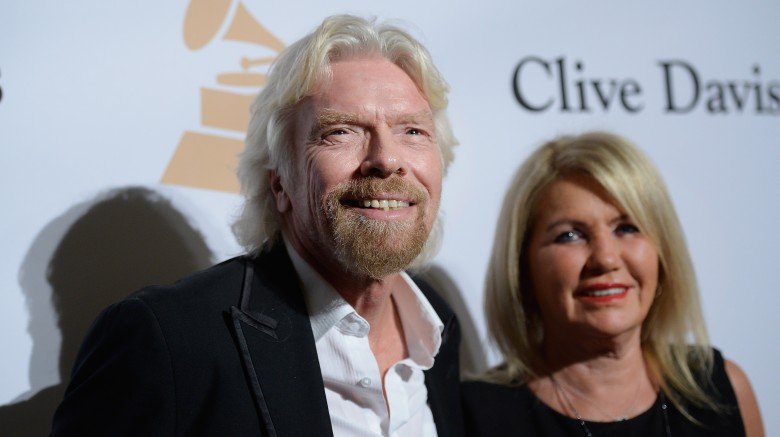Beyonce GQ Knowles-Carter is not just a name. It’s a brand, an icon, a global force that transcends genres, generations, and geographies. Over the years, the pop queen has built a legacy that is both larger-than-life and intimately personal. Her music, style, and activism have made her an influential figure in the entertainment industry, but it’s her ability to mold her public persona that has set her apart from her peers.
One of the key ways Beyoncé has cemented her status as a cultural icon is through her association with the world of fashion and style—areas that have helped define her as an artist and a trendsetter. One publication that has consistently recognized her impact in these realms is GQ, the prestigious men’s magazine known for its blend of style, culture, and in-depth interviews.
Let’s explore how Beyoncé’s relationship with GQ highlights her influence, both in fashion and as a multi-faceted cultural phenomenon.
1. The GQ Covers: A Snapshot of Beyonce GQ Evolution
Beyonce GQ is not just about a single moment in time, but an ongoing exploration of her transformation as an artist and as a woman. While her image has evolved over the years, one thing remains constant: she embodies confidence, power, and grace. Her GQ covers and the accompanying photo shoots provide a visual representation of her growth, showcasing her adaptability and her refusal to be boxed into any one identity.
Beyonce GQ first graced the cover of GQ in 2005, during the peak of her Destiny’s Child fame. At that time, she was presented as the epitome of glamour, with an aura of sensuality and sophistication. This was a time when she was establishing herself as a solo artist, with songs like “Crazy in Love” dominating the charts. The cover was a reflection of a woman stepping out of the shadows of her girl-group roots into the full force of her own star power.
Fast-forward to 2013, and Beyonce GQcover for a different reason: empowerment. With a body that exuded strength, sensuality, and confidence, her second GQ cover marked a pivotal moment in her career. She was no longer just the sultry pop diva. She was an entrepreneur, a mother, and an activist, standing unapologetically in her own skin. This was the Beyonce GQ who had just dropped the groundbreaking self-titled album, Beyonce GQ, a visual and sonic testament to her autonomy and influence in the industry.
In 2015, when GQ awarded her the title of “The Most Beautiful Woman in the World,” it felt like a celebration not just of her beauty but of the full scope of her artistry and her unique power. At this stage in her career,Beyonce GQ wasn’t just a pop star; she had become a cultural movement, using her platform to address social issues, challenge systemic inequality, and give voice to marginalized communities.
Her connection to GQ has never been a superficial one; it’s always been rooted in a deeper exploration of who she is and what she represents, as well as how she uses fashion and her image as tools of empowerment.
2. Fashion as a Narrative: Beyoncé’s Role as a Style Icon
Fashion is an intrinsic part of Beyoncé’s identity. She has always used clothing not just to complement her persona but to tell a story, and her GQ covers have been a key part of that narrative. Whether she’s wearing a high-fashion couture piece or a more street-inspired look, Beyoncé’s style speaks volumes about her character, her ambition, and her multifaceted nature.
In her early years, Beyoncé’s wardrobe was a blend of femininity and high glam. Think of the glittering dresses and figure-hugging outfits that she wore during Destiny’s Child performances or the luxurious gowns that became synonymous with her red carpet appearances. This was a Beyonce GQ who was establishing herself as the standard of beauty, wealth, and desirability in the music industry.
As her career evolved, so did her approach to fashion. With the release of Lemonade in 2016, her fashion choices became more experimental, edgy, and politically charged. She wore designers like Balenciaga, Alexander McQueen, and Givenchy, but she also incorporated elements of streetwear and even references to African culture, infusing her looks with a deeper sense of personal meaning. This was the Beyonce GQ who was not just making music, but making statements about race, identity, and resilience.
In her GQ features, she’s often seen in striking yet thoughtful attire, carefully chosen to reflect the themes of the interview or the photoshoot. She’s comfortable with versatility—whether in the form of a tailored suit or a bohemian-style dress. Beyoncé’s wardrobe is always in tune with the narrative she wishes to project, and GQ has continually showcased her in looks that exude both high fashion and a grounded sense of realism.
For example, during her 2018 GQ cover shoot, Beyoncé was photographed in casual yet elevated looks, emphasizing her approach to fashion as a fusion of everyday comfort and luxury. Whether on stage or off, she creates the illusion that her fashion choices aren’t just about looking good—they’re about feeling good, owning the moment, and setting the tone for the future of women in pop culture.
3. Beyoncé and the Art of Reinvention
One of Beyoncé’s most remarkable qualities is her ability to reinvent herself while maintaining her core essence. This is an attribute that has made her a constant subject of admiration in the media, including GQ. While other artists might fade into irrelevance, Beyoncé manages to push boundaries, take risks, and grow into new iterations of herself. This quality was evident when she seamlessly transitioned from being a pop princess to an acclaimed producer, director, and business mogul.
In 2016, Beyoncé released Lemonade, an album and visual masterpiece that completely redefined the way we perceive her. At its core, Lemonade was a bold, unapologetic exploration of love, betrayal, womanhood, and personal strength. Beyoncé didn’t just release an album; she dropped a cultural manifesto. With its genre-defying sound, poetic imagery, and provocative themes, Lemonade challenged both the music industry and society’s expectations of who she was and what she represented.
Her ability to blend personal vulnerability with larger societal themes continues to make her relevant in ways that few artists can achieve. Whether through her music, interviews, or magazine covers, Beyoncé has demonstrated an unrivaled capacity for reinvention. GQ has been there to capture this evolution, each time offering a lens through which we can better understand the complex layers of her public persona.
Beyoncé’s reinventions are not just about her image. They are about the constant recalibration of her message. From her early solo albums that explored love and heartbreak to the politically charged Lemonade, to her more recent collaboration with Jay-Z on Everything Is Love, she’s consistently raised the bar in terms of what it means to be an artist in the 21st century.
4. Beyoncé as a Voice of Social Change
Beyond her impeccable fashion sense and boundary-pushing music, Beyonce GQ has also become a voice for social change. Through her songs, public appearances, and personal initiatives, she has used her platform to speak out on issues like race, gender equality, police brutality, and more.
In 2016, during her performance at the Super Bowl halftime show, Beyonce GQ used her platform to make a powerful statement about the Black Panther Party and black power, sending a message of pride and resistance. This was a Beyoncé who had not just evolved in terms of her musical artistry but had also fully embraced her role as a cultural leader.
In 2020, amid the Black Lives Matter protests and the devastating impact of the COVID-19 pandemic, Beyoncé used her influence to advocate for the rights of the marginalized and underserved. Her public support of causes like racial justice and the #MeToo movement reflected a deeper commitment to activism that transcended her celebrity.
Beyoncé’s activism is not simply about speaking out—it’s about creating change. Through initiatives like her BeyGOOD Foundation and her work with the Black Lives Matter movement, Beyonce GQ has demonstrated that she understands the responsibility that comes with being an icon.
5. Conclusion: Beyoncé GQ—A Perfect Symbiosis
Beyoncé’s relationship with GQ is more than just about magazine covers and photo shoots. It’s about understanding how an artist, a woman, and a cultural icon navigates the complexities of fame, beauty, activism, and business. From her early GQ appearances to her more recent features, Beyonce GQ has used the magazine to present different facets of herself, each one more powerful and more inspiring than the last.
Through her collaborations with GQ, Beyonce GQ has demonstrated that her influence extends far beyond music—she is a visionary, a trailblazer, and a symbol of empowerment for women of all backgrounds. As she continues to evolve, one thing is certain: her impact on culture, fashion, and society will remain profound.




